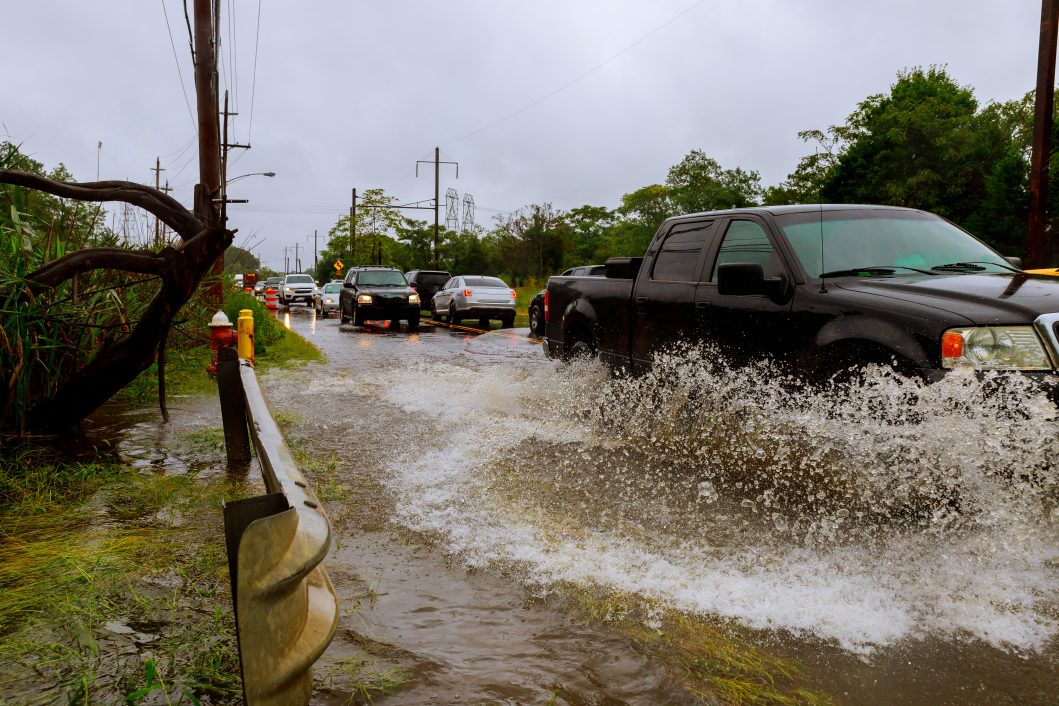Introduction
Water is both a source of serenity and an element of untamed power. Whether you’re near a tranquil lake, a meandering river, or the roaring sea, it’s essential to remember that water can pose serious risks. To protect ourselves and our loved ones, we must heed the life-saving message: “Turn Around, Don’t Drown.” In this blog, we’ll delve into the significance of this message and why it’s vital for water safety.
The “Turn Around, Don’t Drown” Campaign
“Turn Around, Don’t Drown” is more than just a catchphrase; it’s a call to action that has been instrumental in reducing water-related fatalities. This campaign is aimed at increasing awareness about the dangers of attempting to cross flooded roads and areas during heavy rainfall or flooding events.
Understanding the Risks
Before we discuss the importance of turning around when encountering flooded roads or areas, let’s examine the various risks associated with floodwaters:
- Fast-Moving Water: Floodwaters can flow swiftly, carrying away vehicles and even experienced swimmers. The force of moving water is often underestimated, making it extremely dangerous.
- Hidden Hazards: Beneath the surface of floodwaters, there can be submerged obstacles like debris, rocks, and downed power lines, posing a significant threat to anyone attempting to cross.
- Unpredictable Currents: Floodwaters can create unpredictable currents that can sweep people away, leading to potentially life-threatening situations.
The Importance of Turning Around
“Turn Around, Don’t Drown” emphasizes the need for immediate action when you encounter flooded roads or areas.
Here’s why it’s so crucial:
- Avoid Disaster: Flooding events can escalate rapidly, and what may appear as a manageable situation can turn into a life-threatening one in moments. By turning around promptly, you can avoid disaster.
- Protect Lives: Your decision to turn around sets an example for others who might be contemplating crossing floodwaters. This simple action can save lives, as it prevents more people from getting trapped in dangerous situations.
- Prevent Emergency Rescues: First responders risk their lives to rescue individuals caught in flooded areas. By turning around, you reduce the need for these perilous rescue missions, ensuring the safety of both civilians and rescuers.
Additional Safety Measures
To complement the “Turn Around, Don’t Drown” message, here are some additional safety measures to keep in mind during flooding events:
- Stay Informed: Monitor weather forecasts and flood warnings to stay informed about changing conditions in your area.
- Avoid Walking or Driving Through Floodwaters: Never underestimate the power of moving water. Even shallow-looking floods can have strong currents that can easily sweep you away.
- Have an Emergency Kit: Prepare an emergency kit with essential supplies like non-perishable food, water, flashlights, and first-aid supplies in case you need to shelter in place during a flood.
Conclusion
“Turn Around, Don’t Drown” is a simple yet life-saving message that should always be at the forefront of our minds during heavy rainfall and flooding events. Water, while beautiful and essential for life, can also be a formidable force. By understanding the risks, acting promptly, and promoting water safety, we can protect ourselves, our families, and our communities from the dangers of floodwaters. Remember: when in doubt, turn around, don’t drown. Your safety and the safety of others depend on it.
Share this Post




